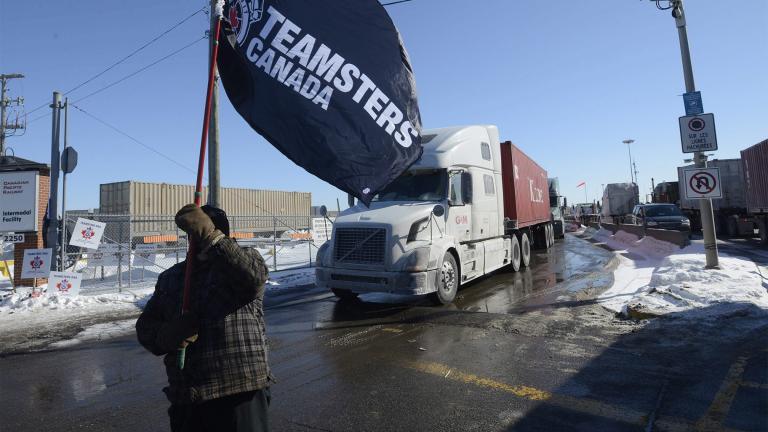Following President Donald Trump’s threats of increased tariffs on roughly $200 billion worth of Chinese goods, trade negotiators from China are expected to arrive Thursday in Washington to try to broker a deal with the White House.
The Office of the U.S. Trade Representative, the government’s trade policy agency, filed a public notice Wednesday indicating the president’s plan to raise tariffs Friday on $200 billion worth of Chinese goods from 10% to 25%.
The notice said Chinese representatives have reneged on unspecified commitments made during earlier rounds of negotiations, which started in December 2018.
“In the most recent negotiations, China has chosen to retreat from specific commitments agreed to in earlier rounds,” according to the notice. “In light of the lack of progress in discussions with China, the President has directed the Trade Representative to increase the rate of additional duty to 25 percent. “
In response, the Chinese Commerce Ministry hinted at retaliation, saying in a statement: “The escalation of trade friction is not in the interests of the people of the two countries and the people of the world. The Chinese side deeply regrets that if the US tariff measures are implemented, China will have to take necessary countermeasures.”
Do these threats mark typical tough negotiation talk, or are they signs of an impending trade war between the world’s two largest economies?
William Hurst, associate political science professor at Northwestern University, thinks China may be using Trump’s public threats to the country’s advantage.
“Trump is seen as weak internationally by the Chinese,” Hurst said. “There’s a hope from China’s point of view that this will paint Trump and the U.S. as an outlier, as being outside the norm.”
Robert Gulotty, assistant political science professor at the University of Chicago, said the current 10% tariffs on $200 billion worth of Chinese goods, imposed in September 2018, have helped countries outside of the U.S. and China.
“Companies are shifting their production elsewhere, to places like Vietnam and Thailand,” Gulotty said. “Whenever the U.S. and China fights, it hurts both of us. People look for alternatives to not face these sorts of disruptions and it’s been better for these smaller East Asian countries.”
Hurst and Gulotty join us in discussion.
Follow Evan Garcia on Twitter: @EvanRGarcia
Related stories:
US Chamber: $3.8 Billion Worth of Illinois Goods Threatened by Trade War
Escalating Trade War Sparks Fear for Wall Street, US Consumers
Why Illinois Soybean Farmers Fear a Potential Trade War With China








